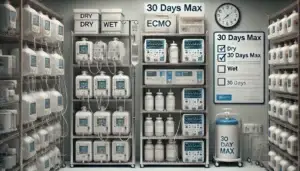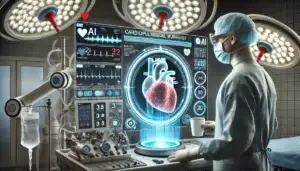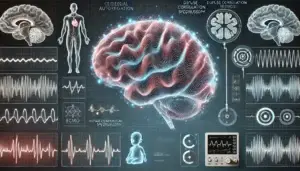
Clinical Practice of Pre-Assembling and Storing Extracorporeal Membrane Oxygenation Systems
This study surveyed 44 German ECMO centers to evaluate practices in pre-assembling and storing ECMO systems. Results show 77% of centers have preassembled systems (dry, wet, or with circulation), but only 50% have a standard operating procedure (SOP). Most centers discard wet preassembled systems after 20 days, below the ELSO guideline of 30 days. The study highlights the need for evidence-based SOPs to standardize practices, ensure hygiene, and optimize training for ECMO system preassembly and storage.





